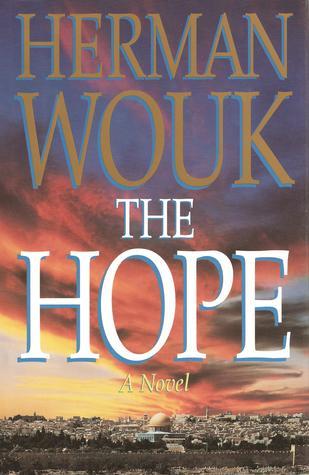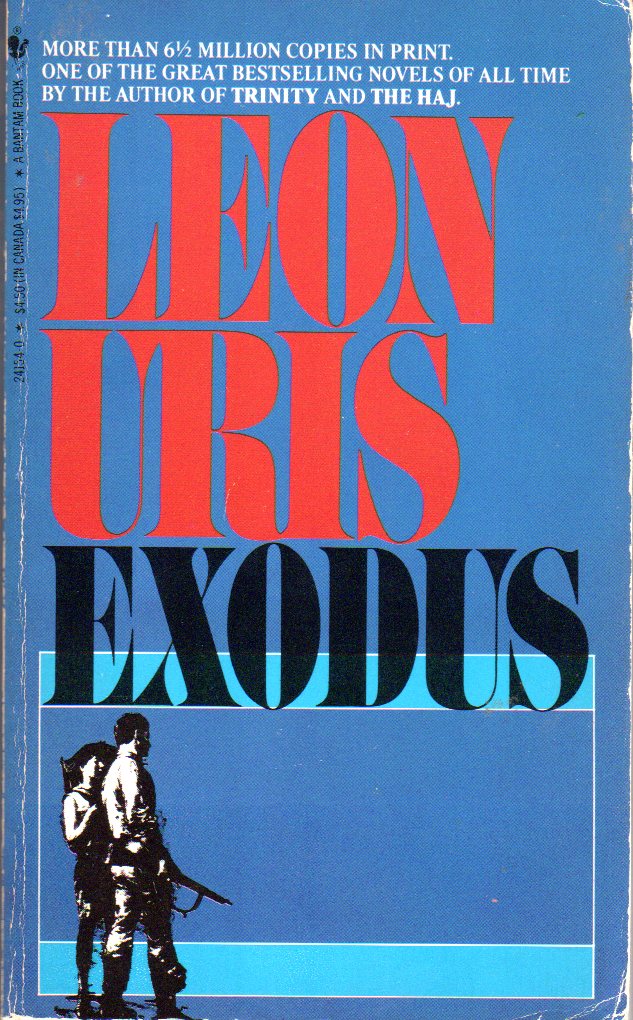
The Haj
Book Description
In a land where history and conflict converge, the story of a Palestinian family's struggle unfolds against the backdrop of war-torn Israel. As they navigate the treacherous landscape of a nation in turmoil, love and loyalty clash with tradition and survival. Tension escalates, friendships are tested, and life-altering choices must be made. With each heart-stopping moment, the stakes rise, drawing readers deeper into a world shaped by hope and despair. Can the bonds of family withstand the forces of history, or will the relentless tides of fate tear them apart?
Quick Book Summary
"The Haj" by Leon Uris is a sweeping historical novel centered on the tumultuous events of the Middle East from the 1920s through the foundation of Israel in 1948 and beyond. The story follows the life of Ibrahim al-Soukori, the muktar (village chief) of Tabah, a small Palestinian village, and his family. As political unrest, war, and waves of Jewish and Arab nationalism sweep across the land, Ibrahim struggles to protect his people and maintain his family's dignity while caught between tradition and forced change. Through friendships, betrayals, and heart-wrenching decisions, "The Haj" explores the complexity of identity, the pain of displacement, and the impact of major historical forces on ordinary lives, offering a deeply human perspective on the enduring Arab-Israeli conflict.
Summary of Key Ideas
Table of Contents
Tradition and Change in the Face of History
The narrative centers on Ibrahim al-Soukori, a proud and deeply traditional Palestinian leader whose identity is rooted in his land, family, and faith. As the British Mandate winds down, Ibrahim is caught in a web of rapidly shifting alliances, foreign interventions, and the influx of Jewish immigrants, disrupting centuries-old ways of life. His struggle is both deeply personal and emblematic of the broader Palestinian experience, as ancient customs are repeatedly challenged by modern realities and the relentless advance of political forces beyond his control.
The Human Cost of Conflict and Displacement
Central to the story is the theme of loss and displacement. As Zionist settlements expand and war erupts, Ibrahim’s family and the villagers of Tabah are forced to confront the trauma of losing their homes and livelihoods. Uris powerfully portrays the refugee experience, revealing how violence, loss of land, and the shattering of security reshape individuals and relationships. Ibrahim’s rigid adherence to tradition, while initially a source of strength, ultimately contributes to his family’s downfall as he fails to adapt amid the chaos.
Friendship and Betrayal Across Cultural Divides
Uri’s narrative also delves into friendship and betrayal, particularly through the complex relationship between Ibrahim and his childhood friend Gideon Asch, a Jew working for the British authorities. Their bond, once rooted in a shared past, becomes strained by changing allegiances, mutual suspicion, and misunderstandings. These personal interactions mirror the broader mistrust and missed opportunities for peace between communities, highlighting the tragic consequences of division and fear.
Family Loyalty Versus Personal Ambition
Family loyalty is both a sustaining force and a point of tension throughout the book. Ibrahim’s devotion to his son Ishmael shapes many of his decisions, yet the generational divide grows as Ishmael seeks education, personal fulfillment, and a future beyond the limitations imposed by tradition. The tension between Ibrahim’s desire for control and Ishmael’s aspirations brings to life the painful choices faced by families caught in historical crosswinds, where the demands of tradition clash fiercely with individual ambition.
The Persistence of Hope Amid Despair
Despite the overwhelming suffering, "The Haj" carries an undercurrent of hope. Through Ishmael’s journey and the enduring connections between characters of different backgrounds, the novel shows that resilience and the search for meaning can persist even in the bleakest circumstances. Ultimately, Uris’s story is not only about the tragedy of displacement but also about the enduring human spirit, determined to survive and find hope amid the relentless tides of history.
Download This Summary
Get a free PDF of this summary instantly — no email required.





